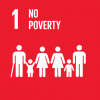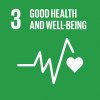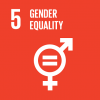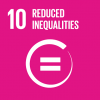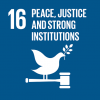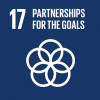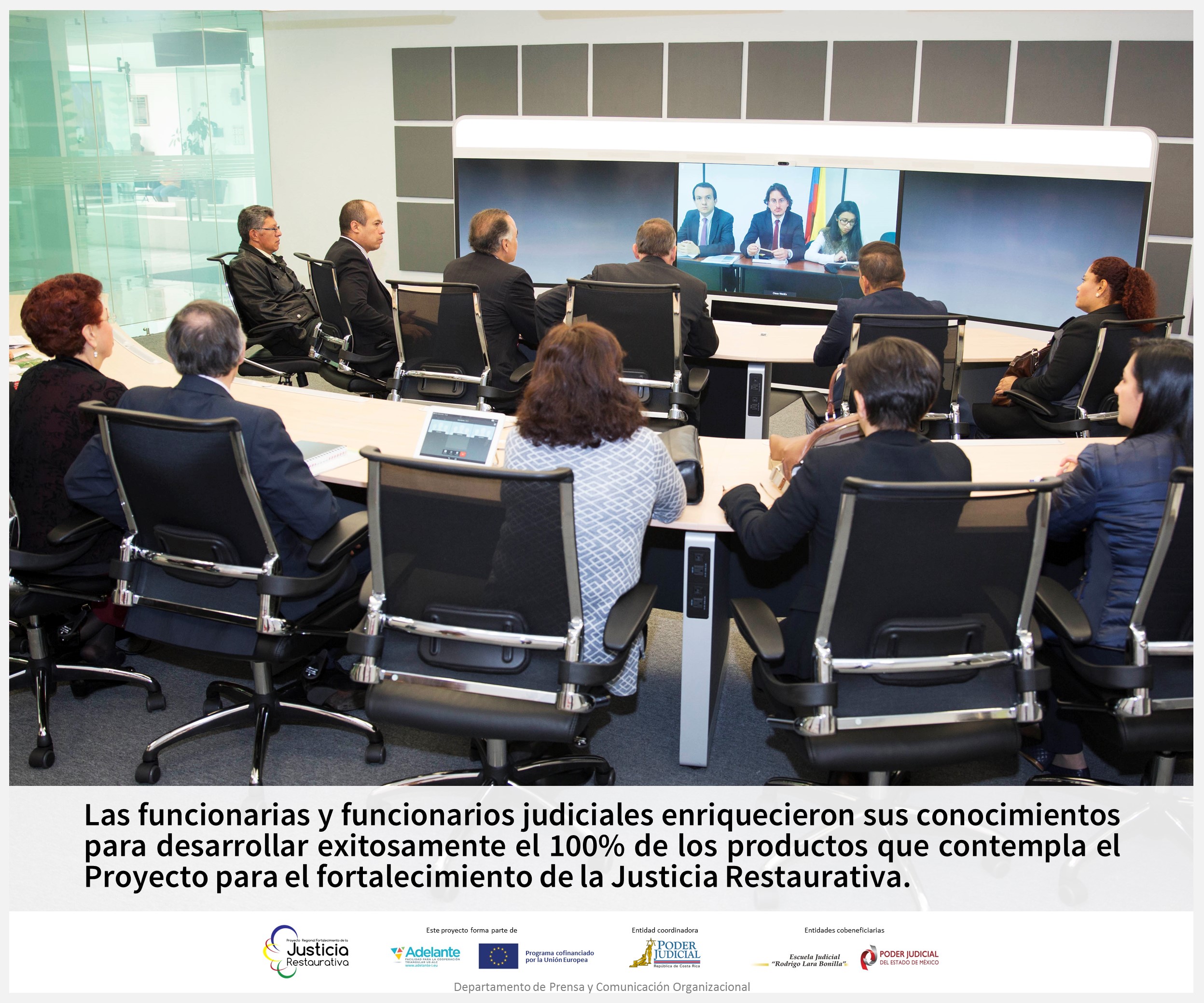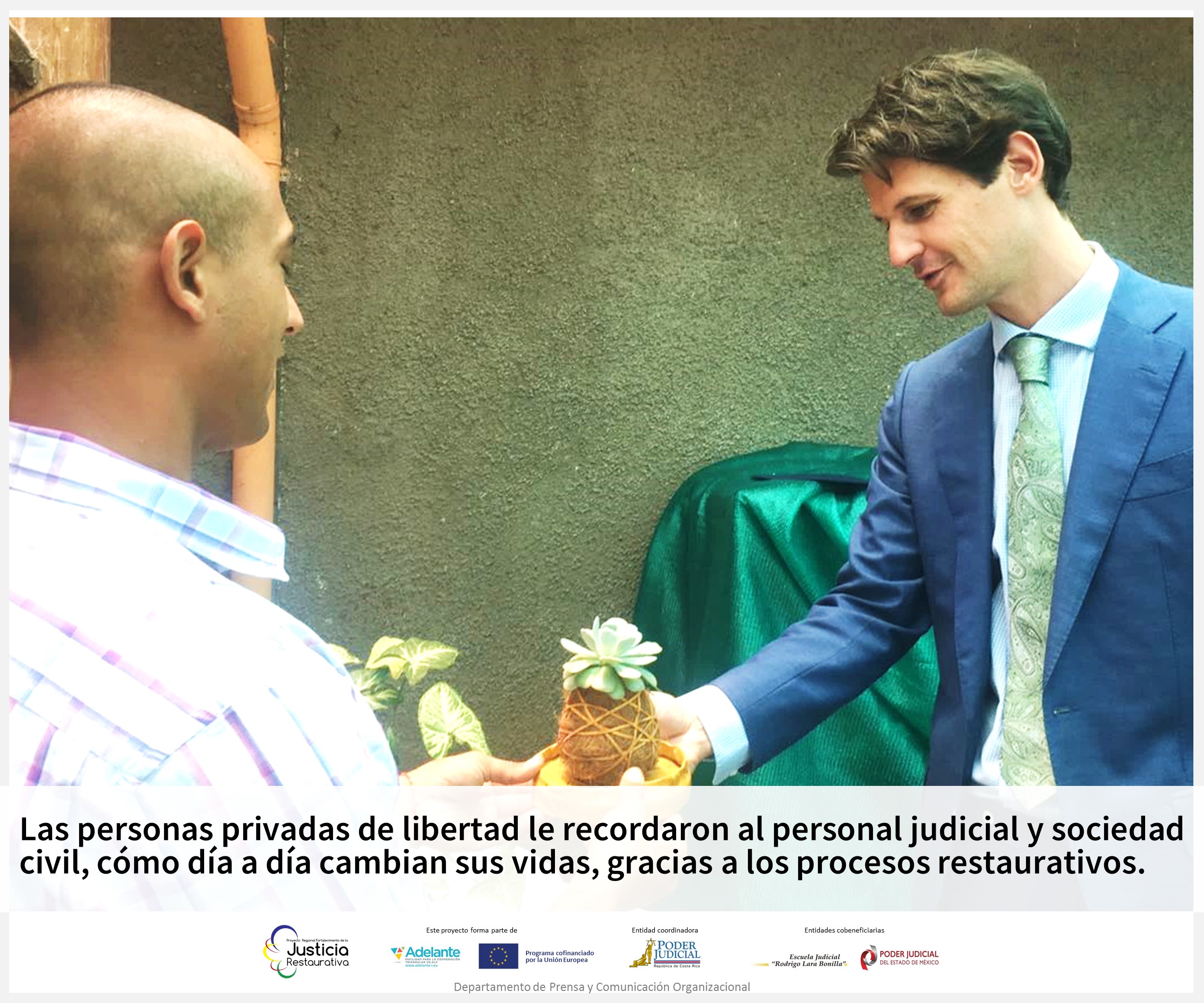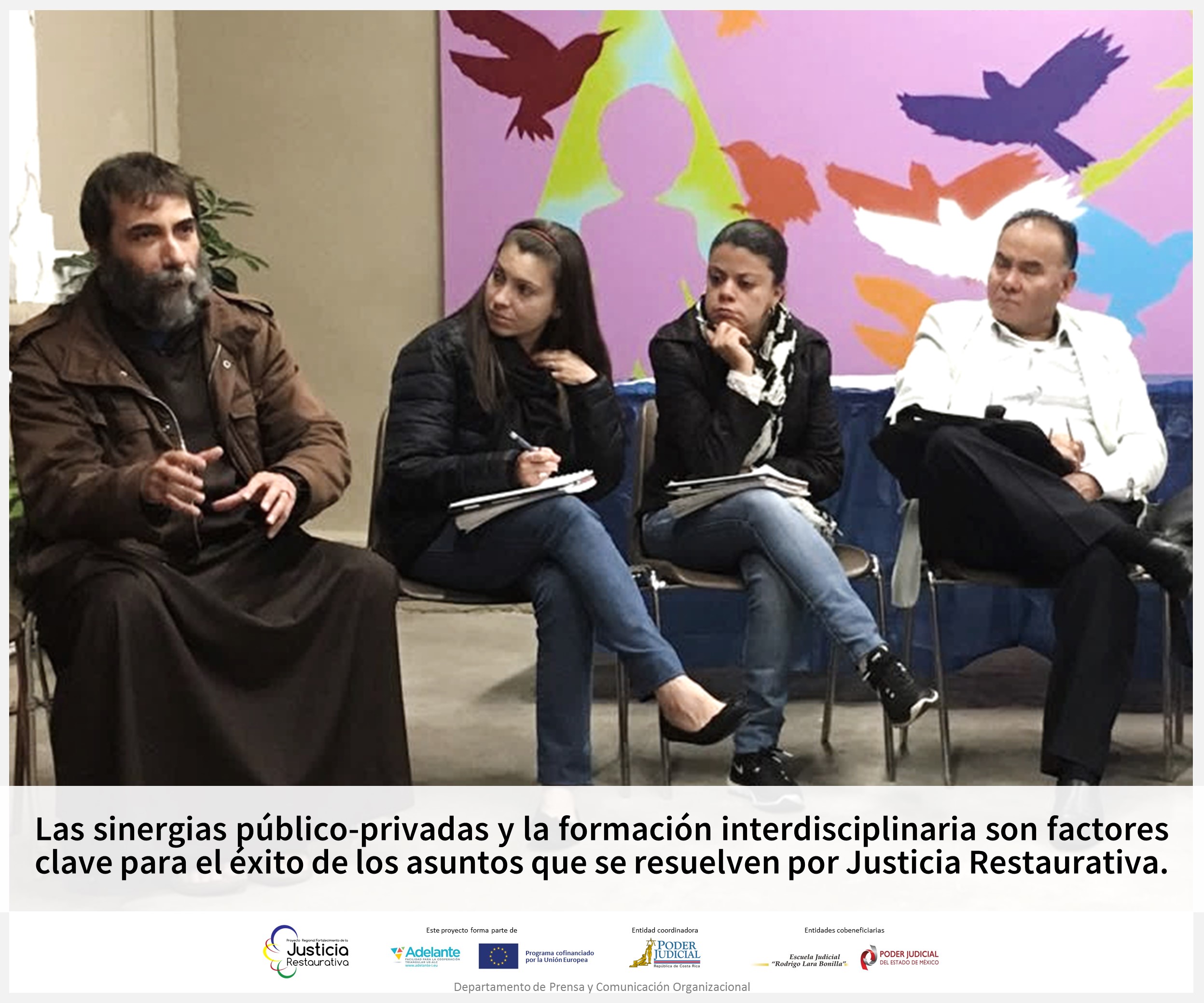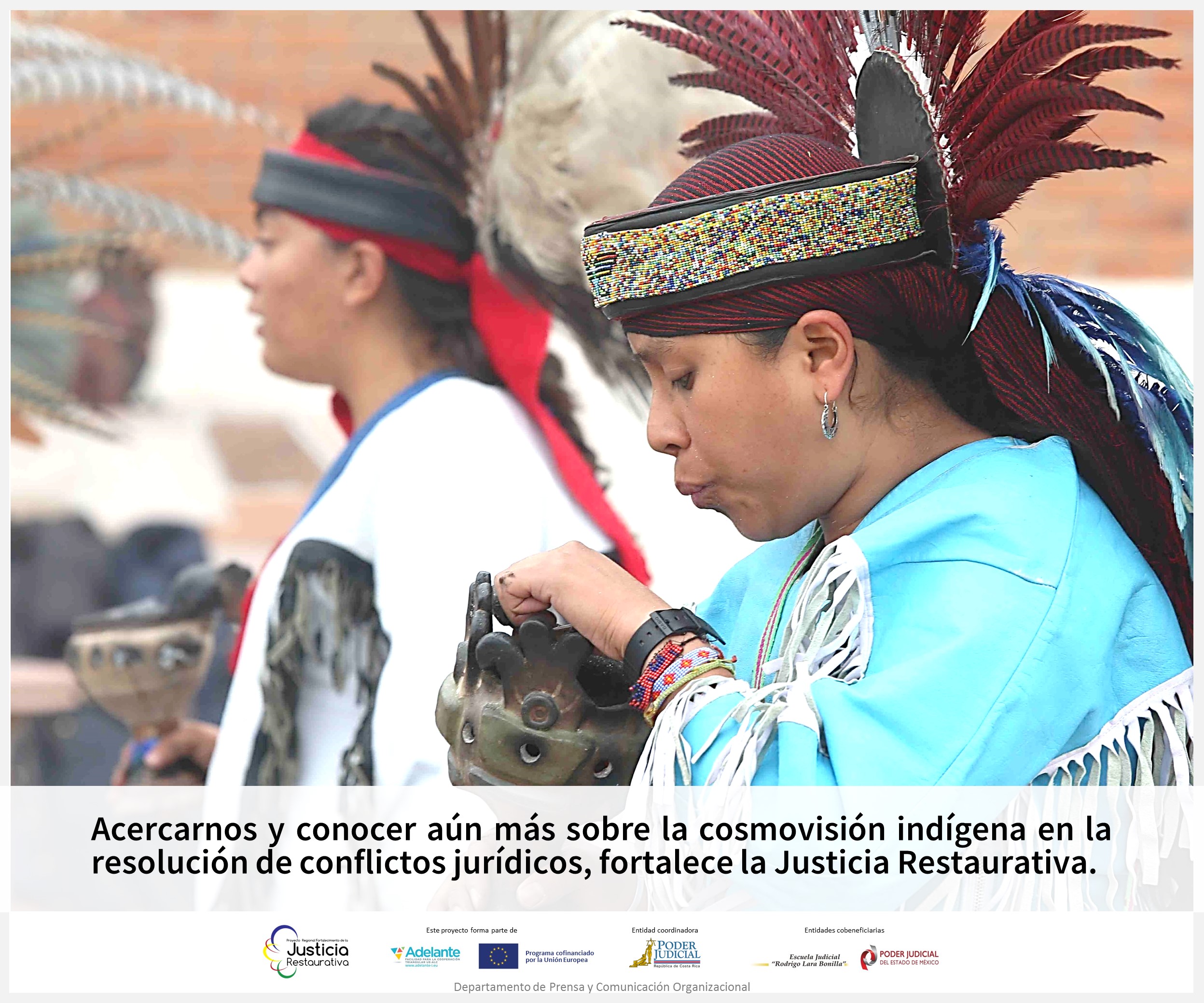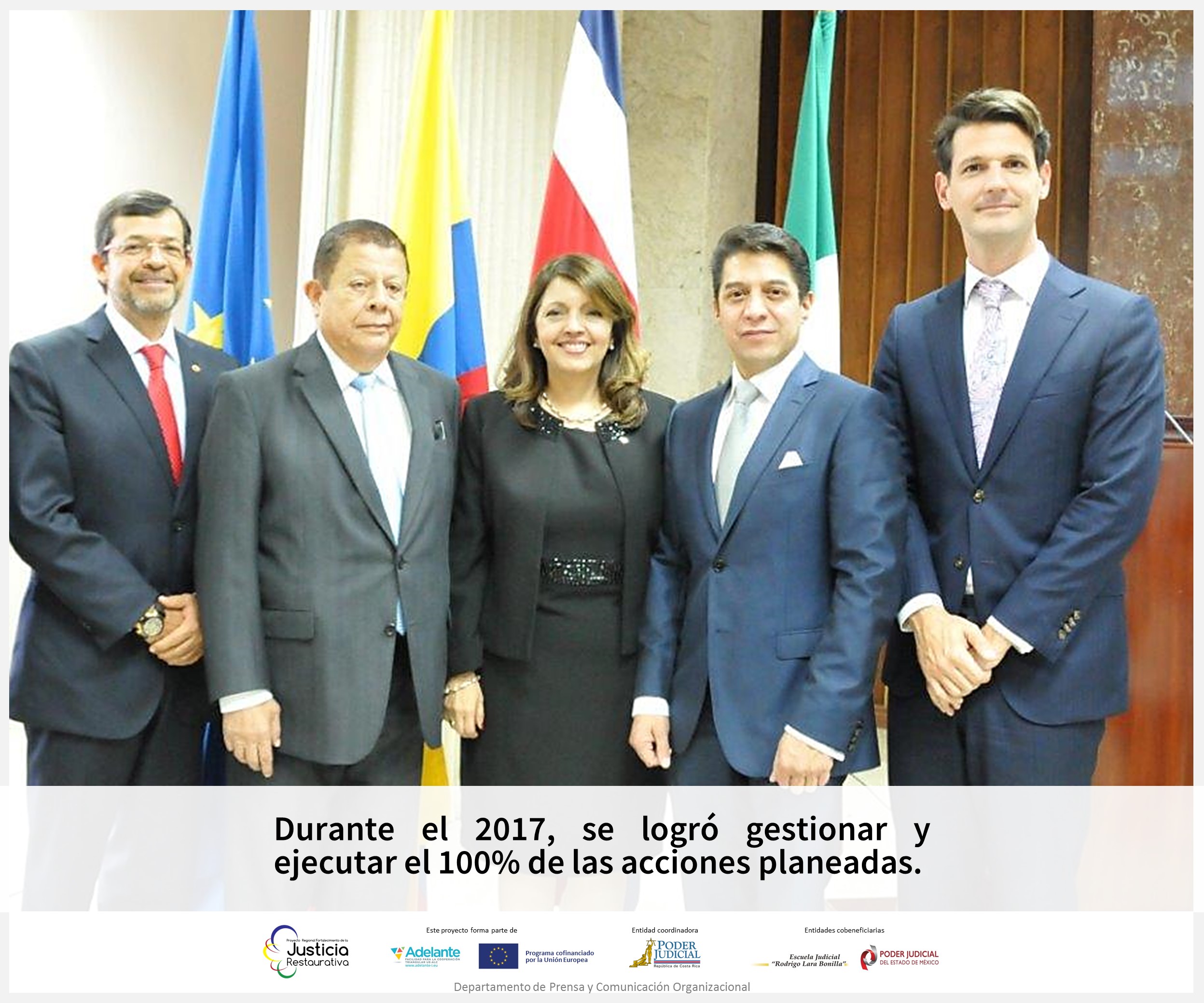Applying alternative solutions to incarceration, promoting a more humane and equitable justice that provides opportunities to the most vulnerable populations.
- Personnel from ministries and public bodies with competence in restorative justice in the countries involved in the project.
- Judicial systems in the countries involved.
- Users of the judicial systems, mainly people in vulnerable conditions.
-

The "Proyecto de Mecanismos Alternos de Solución de Conflictos - MASC'' -Project for Alternative Dispute Resolution Mechanisms- led by the Judicial Power and the Vice-Ministry of Peace of Costa Rica and implemented between 2013 and 2014 thanks to the technical cooperation of the EUROsociAL I Programme, initiated a series of processes in this area which laid the foundation for the current project and which have been resumed and promoted during its implementation, highlighting the training of trainers and communication campaigns.
-

The Eurosocial II Programme, through a technical cooperation action in 2015, contributed to the building of the "Public Policy on Restorative Juvenile Justice in Costa Rica", led by the Judicial Power and the Vice-Ministry of Peace of Costa Rica. The Programme also drove activities in the area of promotion and capacity building that have been taken up and reinforced by the current project.
-

The Italian experience on restorative justice in criminal proceedings for minors (with special emphasis on serious crimes) was a reference during the project's development.
-

The project has carried out a study visit to Turin and Palermo with the aim of learning more about the Italian experience of restorative justice in criminal proceedings for minors involved in criminal organizations. This mission allowed to design concrete actions aimed at this vulnerable population. The RE.TE Association has supported the design and planning of the visit.
STUDY VISITS
-
-

Visita de estudio a Italia, en Turín y Palermo, para conocer experiencias italianas con enfoque restaurativo para el abordaje de delitos graves cometidos por personas menores de edad
» For more information click here
-
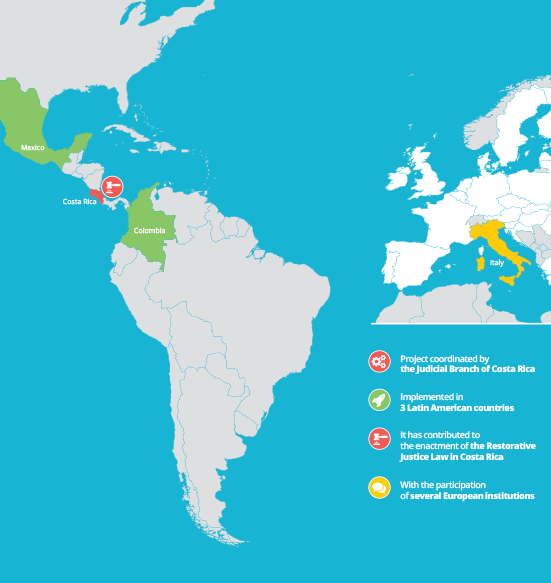
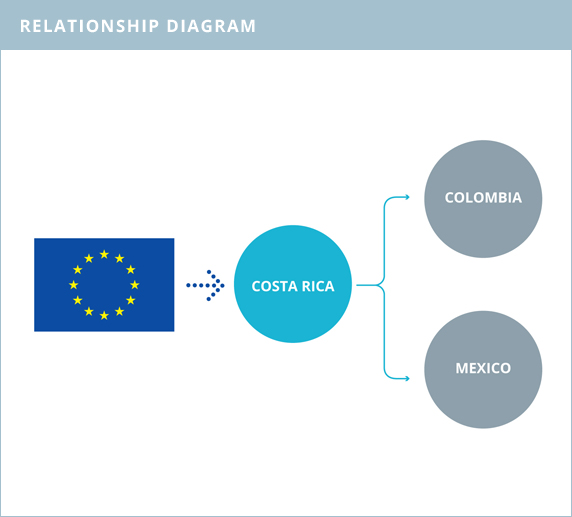
This project takes on the challenge of promoting restorative justice in criminal and juvenile justice, with a greater emphasis on attention to vulnerable populations. Getting closer to their territories, communities, respecting their worldview and their characteristics. Promoting the dialogue, damage repair and social reintegration, through awareness and training on Restorative Justice from the judicial powers of Costa Rica, Colombia and Mexico, within the framework of the European Union’s international cooperation.
MAIN CONTRIBUTION, FROM THE PROJECT'S THEMATIC PERSPECTIVE
CONTRIBUTION FROM A PARTICULAR PROJECT COMPONENT, COMPLEMENTARY TO THE MAIN TOPIC
CONTRIBUTION FROM CROSSCUTTING TOPICS
Good Practices
Adapting project results to the context of each country to encourage the necessary prominent role of all actors, making the most of the flexibility of Triangular Cooperation projects.
Lessons Learnt
The proposed management modality implied establishing inter-institutional coordination mechanisms, which are necessary for appropriate administrative and financial management. Due to its own characteristics and...
Success Stories
Thanks to the project, a participatory model was developed based on the meeting and integration of the target population, which allowed the adaptation of Restorative Justice to the different contexts.
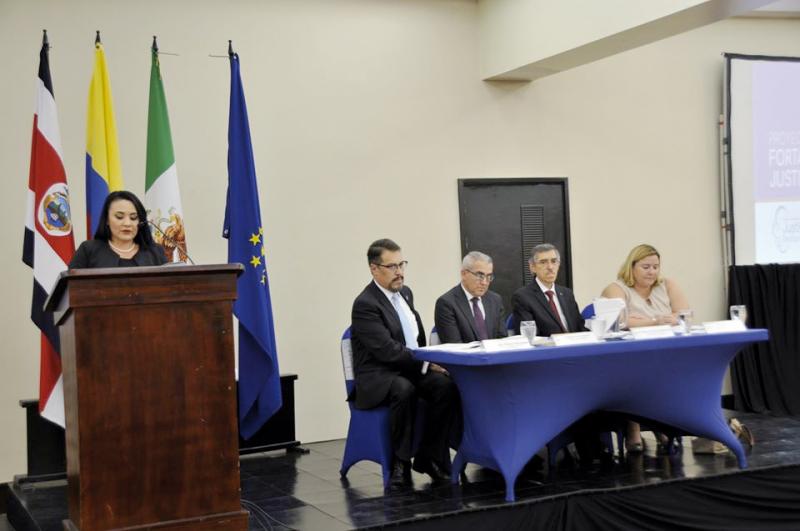
The Strengthen Restorative Justice Regional Project, led by the Costa Rican Judiciary, which is being implemented in conjunction with the Colombian and Mexican Judiciaries, and financed by the European Union's ADELANTE Programme, started in February 2017 and ended yesterday with the presentation of the redesigned Restorative Justice website and the results report.
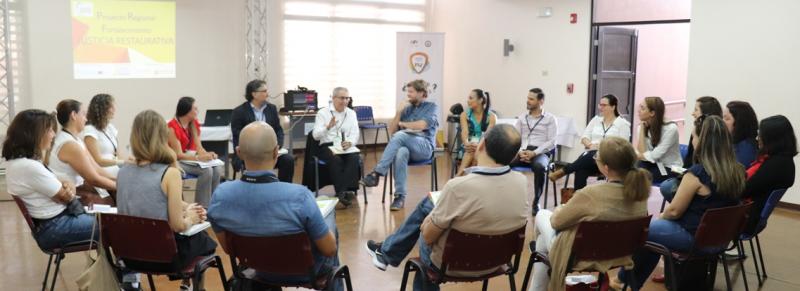
On 13 November 2019, at the Centro Cívico para la Paz de Guararí, in Heredia, Costa Rica, the Regional Project Strengthening Restorative Justice was presented to international representatives of the European Union's ADELANTE Programme.

As part of the actions developed by the Regional Project Strengthening Restorative Justice, which is financed by the European Union's ADELANTE Programme, the Magistrate of the Criminal Cassation Chamber Rafael Segura Bonilla presented, on 26 November 2019, the Restorative Justice campaign entitled: "Repairing is better than punishing".
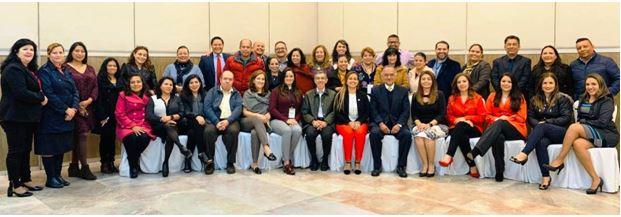
During the week of 14-18 October 2019, the Regional Project Strengthening Restorative Justice carried out, in the State of Mexico, a series of activities aimed at promoting the use of restorative mechanisms for the resolution of criminal and juvenile criminal conflicts in the Region.
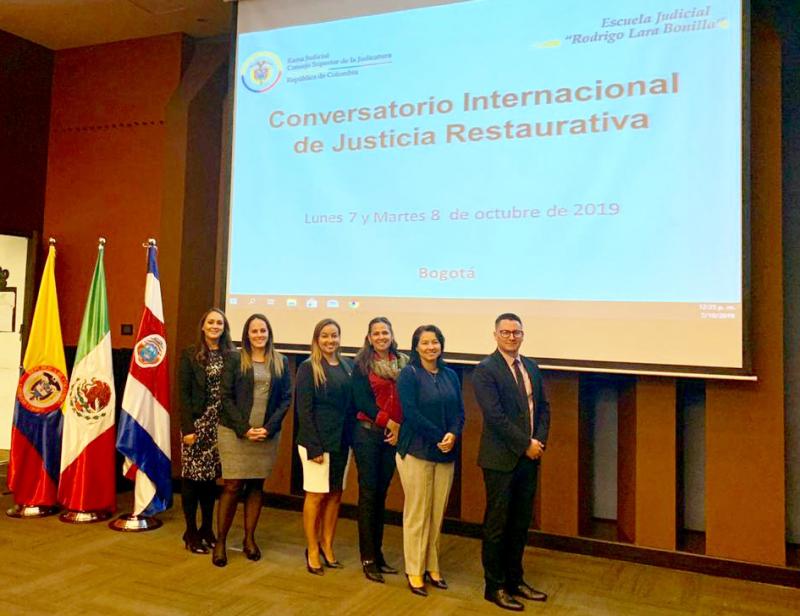
Funded by the European Union, the Regional Project Strengthening Restorative Justice, led by Magistrate Rafael Segura Bonilla of the Criminal Cassation Chamber and Coordinator of the Restorative Justice Programme and implemented in conjunction with the Judicial Branches of Colombia and the State of Mexico, with the support of the ADELANTE Technical Assistance, teams up with the Higher Council of the Judiciary of the Judicial Branch and the Rodrigo Lara Bonilla School for the judiciary, both in Colombia, an
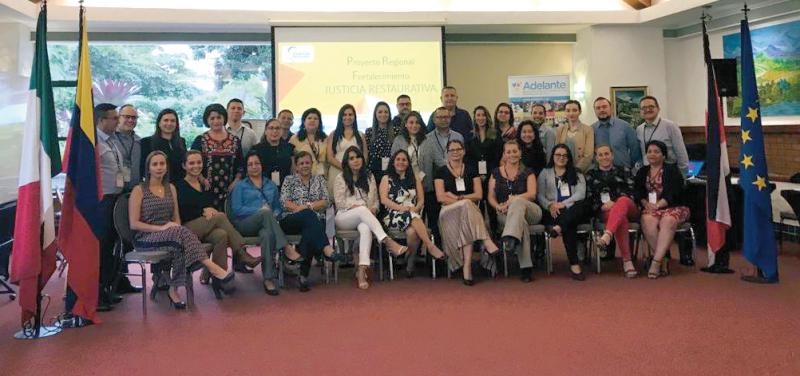
Delegations from the Judicial Power of Colombia, the State of Mexico and Costa Rica participated on 2 and 3 October 2019 in Costa Rica, with the financial support of the European Union, in a training session on Restorative Misdemeanor Justice, thus promoting the implementation of Costa Rica's Restorative Justice Law, which entered into force on 20 January 2019.
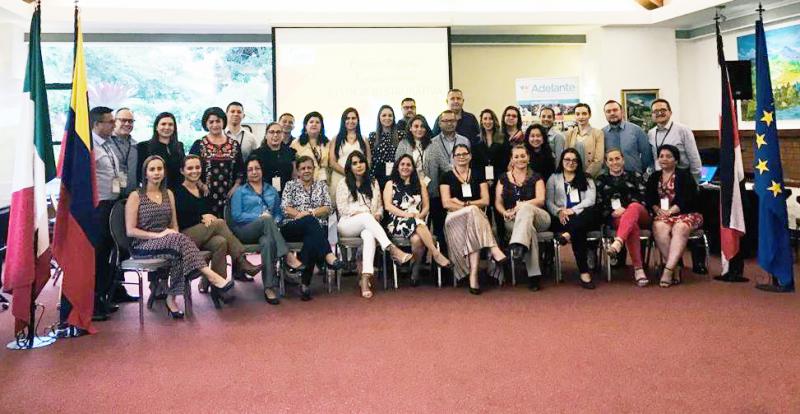
Delegations from the Judicial Branch of Colombia, Mexico and Costa Rica participated, on 2 and 3 October 2019, in Costa Rica, and with funding from the European Union, in a training on Restorative Misdemeanor Justice, thus promoting the implementation of Costa Rica's Restorative Justice Law, which entered into force on 20 January 2019.
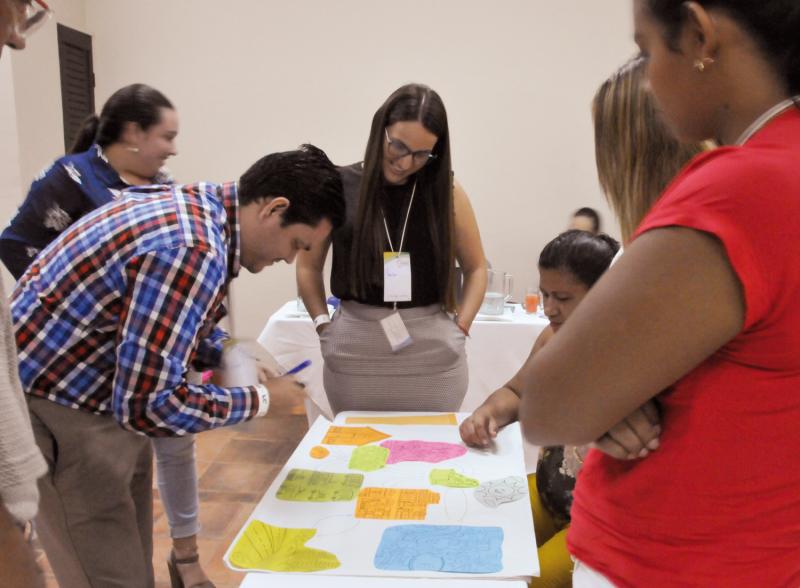
The Regional Project Strengthening Restorative Justice, financed by the European Union, promotes the implementation of the Restorative Justice Law in Costa Rica by holding community meetings to provide information and raise awareness of new restorative processes.
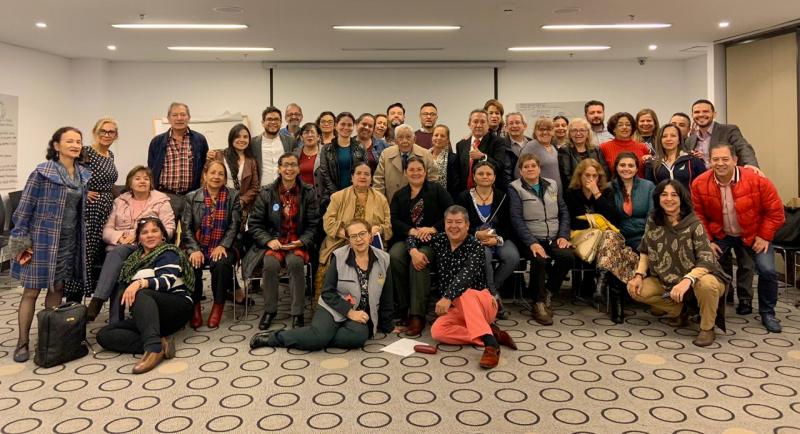
The Regional Project Strengthening Restorative Justice, financed by the European Union and coordinated by the Costa Rican Judicial Branch, provided training on the differential approach to caring for crime victims and prosecuting offenders through restorative justice in criminal and juvenile justice for civil society in Colombia.
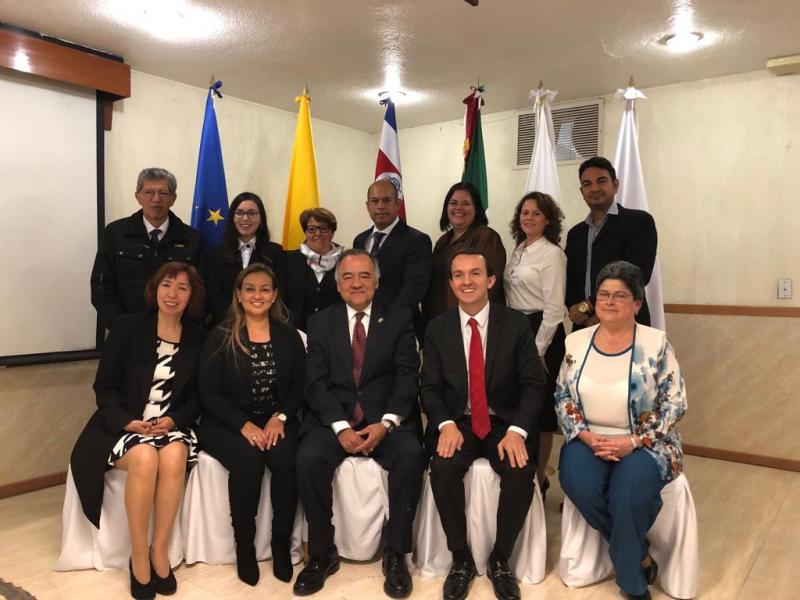
The Regional Project Strengthening Restorative Justice, funded by the European Union, with the support of Marisol Barboza Rodríguez of the Edgar Cervantes Villalta Judicial School of the Costa Rican Judicial Branch, held a workshop on the design of training for the restorative approach to issues involving indigenous people.
Press room
In this section you will find detailed information about the Promoting Restorative Justice project, specifically elaborated for the media.
Press releases:
There are currently no press releases



